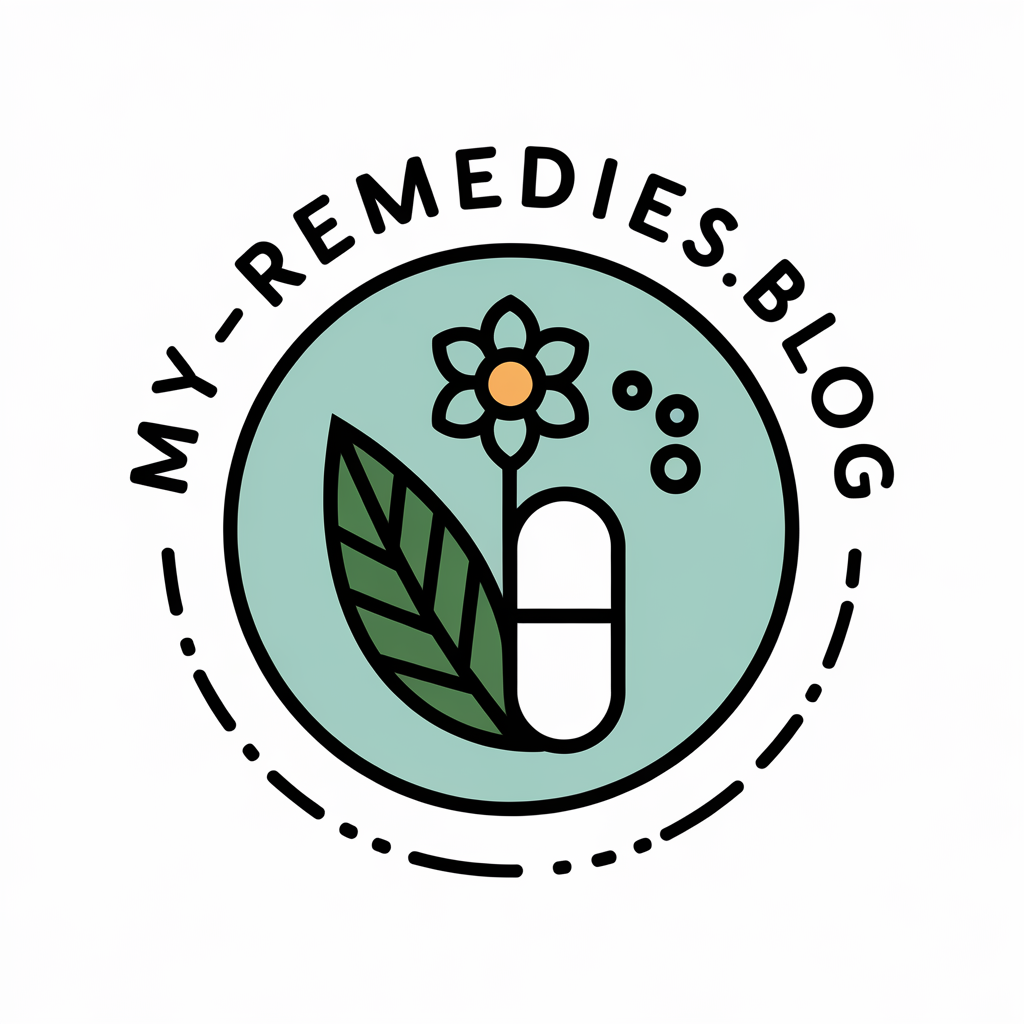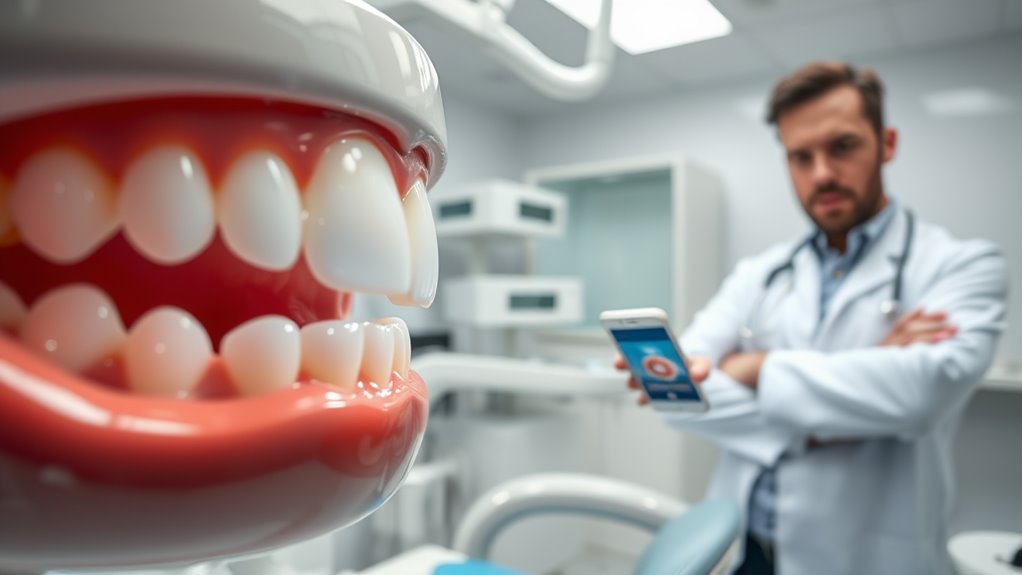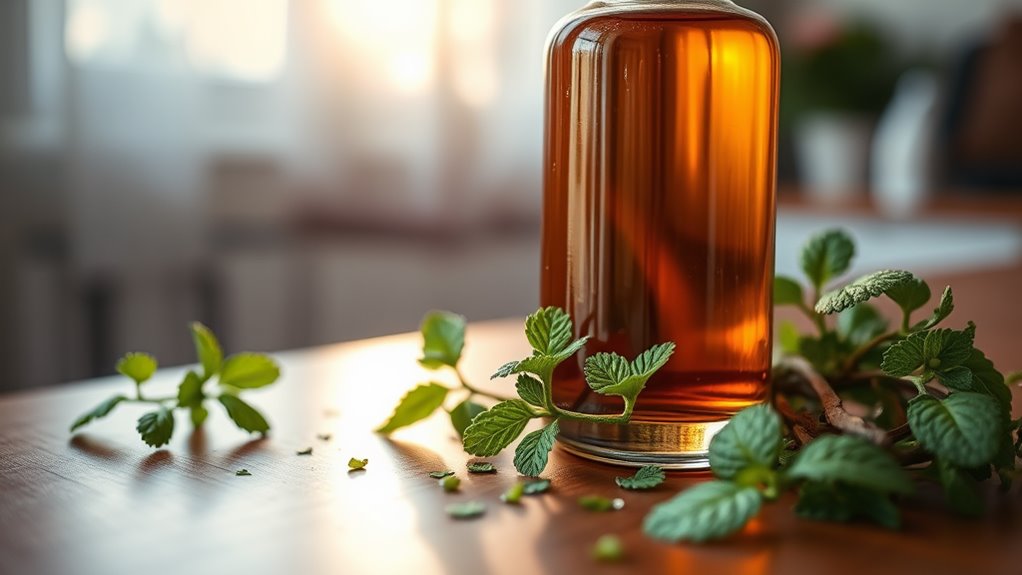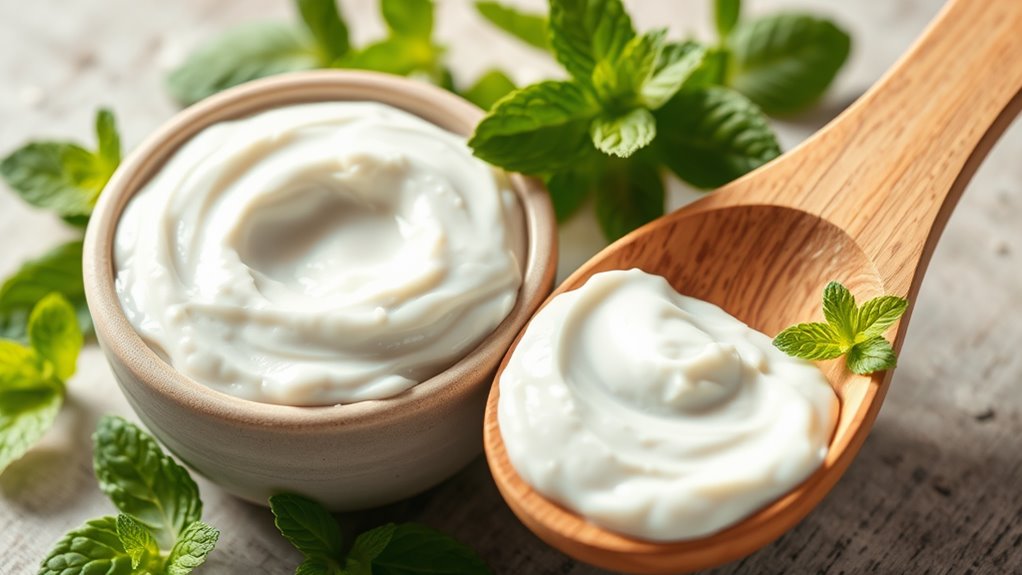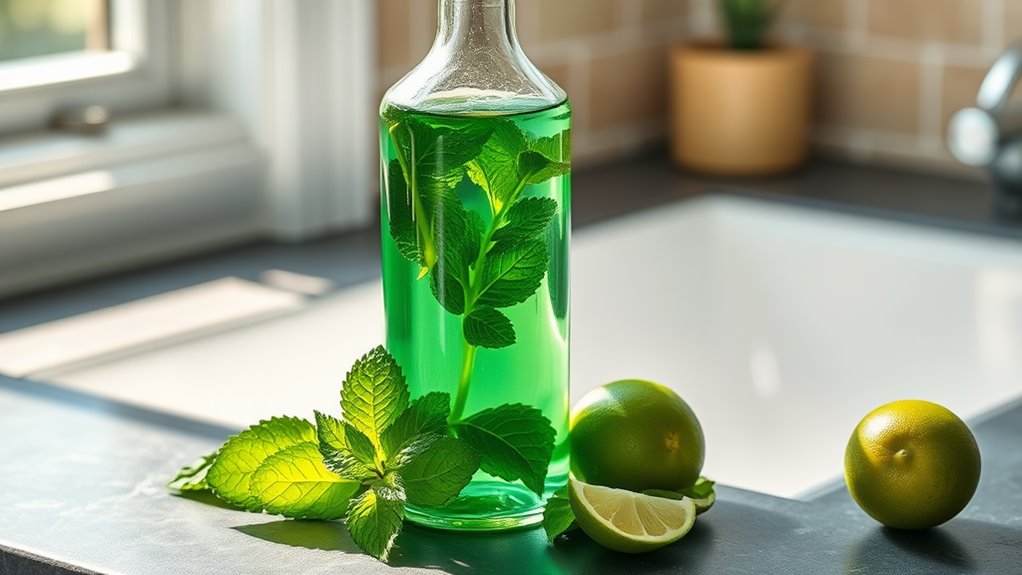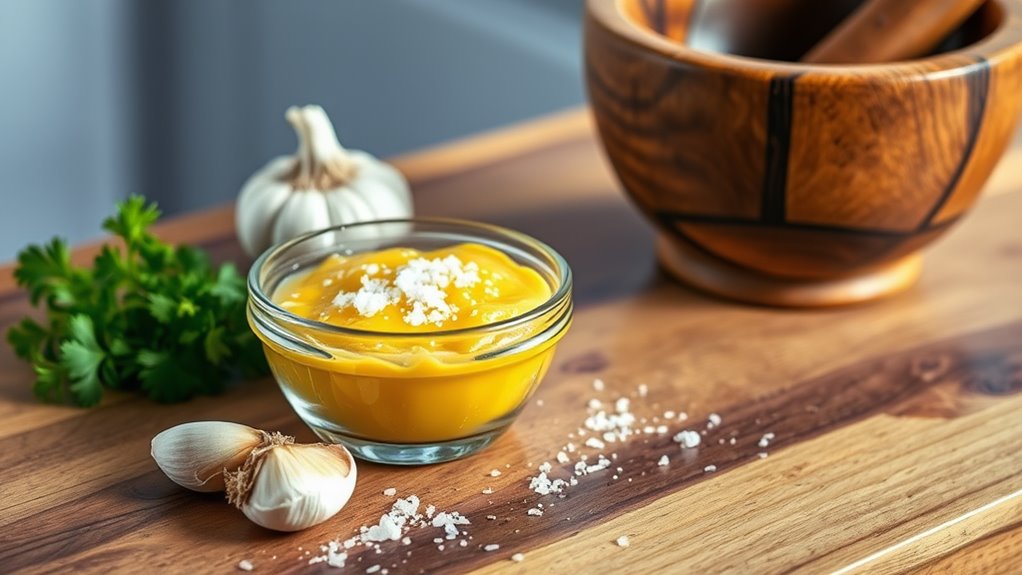Dentists Are Furious About This Simple Trick for Perfect White Teeth!
You might have heard about the trendy home remedy for whiter teeth: baking soda and lemon juice. This simple mixture promises impressive results, and many people swear by it. However, dentists are less than thrilled about this DIY trick. They raise concerns over the potential damage it could cause to your teeth. Curious about the science behind it and what you should know before trying it yourself? Let’s explore.
The Science Behind Baking Soda and Lemon Juice
When you combine baking soda and lemon juice, you’re not just mixing two common kitchen ingredients; you’re activating a powerful whitening reaction. This natural teeth whitening remedy works because baking soda, a mild abrasive, gently scrubs away surface stains while lemon juice’s citric acid helps break down discoloration. Together, they create a bubbly fizz that enhances the cleaning process, making your smile brighter in no time. Additionally, using this remedy can provide a more affordable alternative to expensive dental procedures, making it an attractive option for many seeking bright teeth.
Using this remedy not only helps you achieve a radiant grin but also connects you with a community of people who prioritize natural solutions. It’s exciting to share tips with friends and family, fostering a sense of belonging as you all explore healthier, DIY alternatives.
Plus, knowing that you’re using simple, accessible ingredients can give you a sense of empowerment. So, embrace this fun and effective way to brighten your smile, and enjoy the confidence that comes with it!
How to Safely Use This Teeth Whitening Trick
Combining baking soda and lemon juice can brighten your smile, but it’s important to use this whitening trick safely to avoid damaging your teeth.
Here are three simple steps to follow:
-
Limit Frequency: Use this mixture no more than once a week. Overuse can wear down enamel, leading to sensitivity and other issues.
HEADER -
Dilute the Mixture: Mix one teaspoon of baking soda with just a few drops of lemon juice. A thicker paste is less abrasive and gentler on your enamel.
-
Rinse Thoroughly: After applying the mixture, rinse your mouth with water immediately. This helps neutralize acidity and protects your teeth.
Potential Risks and Safety Concerns
While using baking soda and lemon juice for teeth whitening can be effective, it’s crucial to be aware of the potential risks and safety concerns involved. This method might seem accessible, but it could lead to unintended consequences for your teeth and gums.
| Risk | Concern |
|---|---|
| Enamel Erosion | Baking soda is abrasive. |
| Tooth Sensitivity | Acidic lemon juice can irritate. |
| Gum Irritation | Mixture may cause inflammation. |
| Staining | Overuse can lead to discoloration. |
| Ineffectiveness | Results may vary widely. |
You want a bright smile, but it’s essential to prioritize your dental health. Always consult a dentist before trying new home remedies. By staying informed, you can keep your teeth looking great while avoiding potential pitfalls, ensuring you feel confident in your choices. Additionally, incorporating natural ingredients into your whitening routine may provide safer alternatives to harsh chemicals.
Comparing Costs: DIY vs. Professional Whitening
If you’re weighing your options for achieving a brighter smile, understanding the costs of DIY methods versus professional whitening treatments is essential.
Both choices have their pros and cons, but knowing what to expect financially can help you decide.
Here’s a quick comparison:
-
DIY Whitening Kits: Generally range from $20 to $100. These include strips, gels, and trays you can use at home. Cost-effective, but results can vary.
-
Over-the-Counter Products: Prices range from $5 to $50. While they’re easily accessible, they often require consistent use over time for noticeable results.
-
Professional Treatments: Usually cost between $300 and $1,000, depending on the procedure. You’ll get immediate results, tailored treatments, and expert guidance.
Ultimately, think about your budget and how quickly you want to see results.
Whatever path you choose, a radiant smile can boost your confidence and sense of belonging!
Real User Experiences and Results
Have you ever wondered what real users think about their teeth whitening experiences? You’re not alone! Many people just like you have tried this simple trick and shared their results online.
Users rave about how easy it’s to incorporate into their daily routine. They’re thrilled with the immediate brightness they see in the mirror, often posting before-and-after photos to showcase their transformation.
Some even report that they feel more confident smiling in social situations, which is a game-changer. Others appreciate how the trick fits into their budget, letting them achieve stunning results without breaking the bank.
While some users caution that consistency is key, the overwhelming sentiment is one of satisfaction and excitement.
You’ll find yourself inspired by their stories, feeling like part of a community that values bright, white smiles. So, are you ready to join them and share your own success story?
